Legal aid important to speedier justice
(CNS): Chief Justice Anthony Smellie has said he welcomed the revision of the legal aid law and is hoping that the extension of the list of crimes covered by the public funding will speed up the clearance of the clogged court dockets. Speaking at the opening of the Grand Court this week, he said Summary Court cases where defendants are unrepresented drag on much longer, so better access to the services of lawyers will lead to speedier justice for all.
CJ Smellie explained that the chief magistrate has been focused on addressing the Summary Court backlog and where defendants are represented by lawyers there has been considerable success at agreement over cases and moving them forward. However, he said, it was not surprising that agreement “has not proven to be readily attainable where defendants are unrepresented”, which was common in summary cases.
“This situation is a compelling example of the cost effectiveness of providing legal representation for all offences which could result in a defendant’s loss of liberty, and so it is a very welcome development that the new legal aid regime will allow for representation for wider categories of offences in the future,” he said.
“The importance of these reforms cannot be overstated, either from the point of view of the public need or from the point of view of providing a slightly more realistic hourly rate for those hard working and dedicated practitioners who represent persons on legal aid briefs,” the chief justice said, referring to the increase in the rate from $135 per hour $160.
While the rate is still considerably less that the rate charged by lawyers for private criminal work and a mere fraction of that paid to corporate and offshore lawyers, it is the first rise in more than a dozen years for those prepared to represent the most economically vulnerable in the community who find themselves in the criminal justice system.
Commending and thanking the Cayman Islands Criminal Defence Bar and its chair John Furniss for working very hard for the same rate for as long as they have, as well as the significant amount of pro bono work they do on a daily and weekly basis, which goes well beyond the call of duty, the chief justice was hopeful that it would continue.
However, the small group of criminal defence attorneys prepared to work on legal aid rates, regardless of the increase, still face a mountain of work and many hours that will not be billed. With the introduction of a duty counsel programme to provide representation in the criminal Youth Justice Court and the need for counsel to be on call for the police station, defence attorneys willing to do legal aid work will be in even greater demand.
There will also be a whole new area of work for criminal lawyers working legal aid this year with the implementation of the conditional release law, which the attorney general said was expected to be implemented in February.
Although the main objective of the law is the rehabilitation of offenders, it also provides for tariffs for those serving mandatory life sentences, mostly for murder, though one prisoner is serving life for a double rape.
There are almost two dozen inmates with life terms at HMP Northward that will have now be given minimum tariffs. The law recommends a 30-year period to represent a life term before a prisoner could be eligible for release but the courts have been given the power to vary that term according to the circumstances of each case.
As a result, the decisions of the terms to be imposed will required legal argument. Smellie said it was a significant development as the courts will review all of the mandatory sentences.
“The procedural regulations to govern the review process will soon be promulgated, following which the judges must conduct these reviews in keeping with the order of priority to be set by the regulations,” he said.





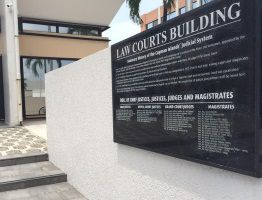









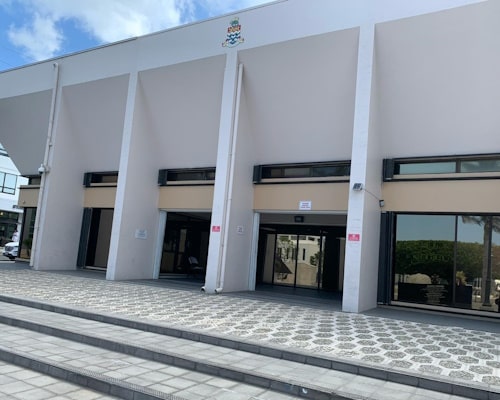


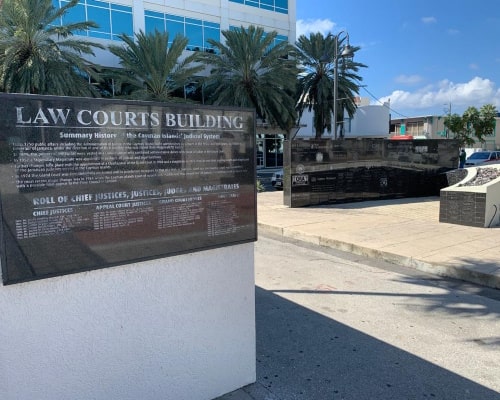
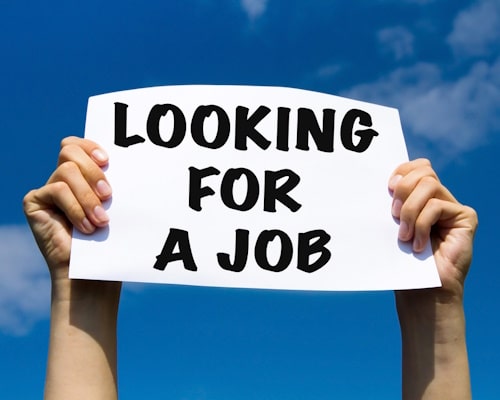


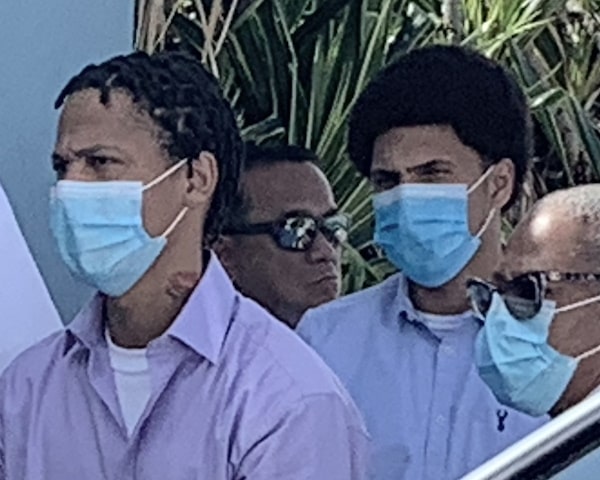

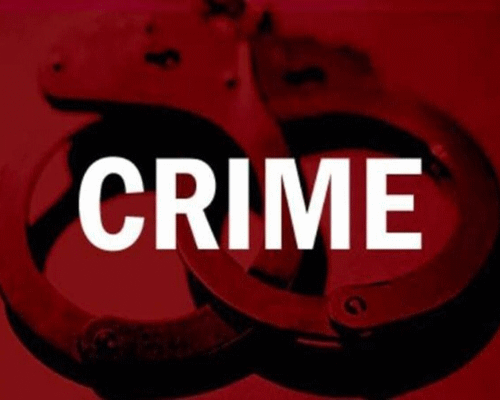












Justice must be served to all. Who pay for the victim lawyer? Are there a mains test done before anyone can apply for legal aid. A mains test is not just simply asking can you afford a lawyer, as most will say I cannot. What do we do then? Just give them a Lawyer and a QC ?????????
A mains test? You mean for 110 or 240v? I am guessing you 110 volts and about 3 watts.
I think a mains test was done. The results were quite shocking from what I have been told.
You meant to say a “means” test.
Armed citizens would cause speedier justice
As well as injustice.
And more victims of crime ending up dead or seriously injured.
Not sure giving more money to help criminals is a good idea.
It’s called ‘the presumption of innocence’.
When you are charged by the state with a crime and you say you didn’t do it they have to go through this whole tedious process called ‘a trial’ involving ‘evidence’. Some countries have tried alternative approaches – we call them ‘dictatorships’.
Not at all true. The presumption of innocence is merely a reflection of the burden of proof being on the prosecution at trial. There is no need for the presumption to be relevant to resource allocation prior to trial. The vast majority of those going to trial are criminals and spending more on legal aid does mean the diversion of more public money to criminals. At the very least there should be no legal aid for criminal appeals. The appellant’s lawyers should only be paid from the Crown if the appeal is successful. The Court of Appeal is clogged up, at great public expenses, with largely hopeless appeals by criminals all paid for by good honest people.
The presumption of innocence may not be relevant, but the right to a fair trial certainly is (and enshrined in both the universal declaration and the European Convention). Denying an indigent defendant adequate legal representation because “the vast majority of those going to trial are criminals” would be a basic breach of human rights, no matter how pedantic you want to be about it. Incidentally, unless you are saying criminal defence lawyers are themselves criminals, providing legal aid is hardly ” the diversion of more public money to criminals”.
So are you also supporting universal free primary and secondary education for all resident children regardless of nationality and extending full voting and political rights to those resident over 10 years (or status holders)? Or are you picking and choosing the rights you want?
4:08pm the word is dictatorsystem.
Fine, but if they are ultimately found to in fact have been guilty, shouldn’t they be forced to replenish the legal aid fund from any assets they have?
Most of the criminals are poor, greedy and weak-minded. They are not going to pay. But the point has been made that there is no reason for public money to be spent on their appeals. The appeals are just a gravy train for the attorneys.
Criminals should pay for their lawyers. If they had to pay they wouldn’t commit the crimes that they do, because the cost would be their expense. Too many expecting taxpayers go pay their way.
Reduce the costs of incarsaration, by a reduction in the cost of meals and other services.